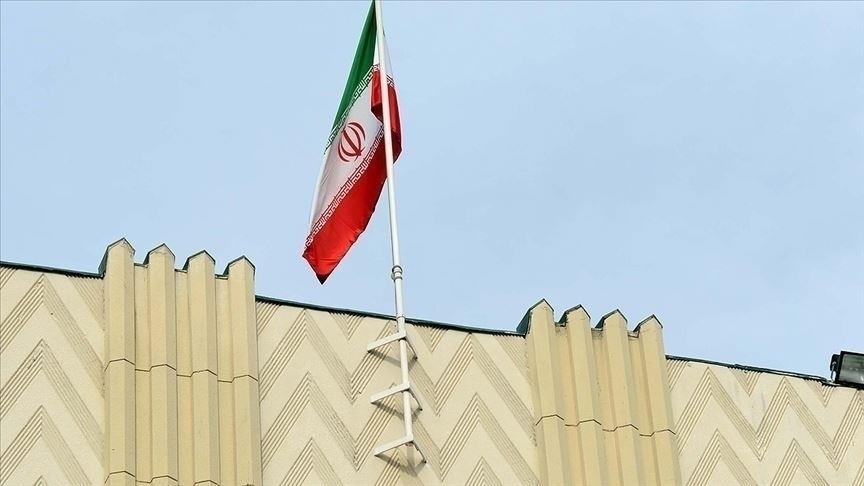

By Anadolu Agency
TEHRAN
Iran’s Foreign Ministry summoned the Chinese ambassador to Tehran late Saturday to protest a statement related to three disputed islands in the Persian Gulf.
Foreign Ministry spokesman Nasser Kanaani said Chang Hua was summoned to express “strong dissatisfaction” with the joint statement of China and the Gulf Cooperation Council (GCC) countries.
In the detailed statement published Friday during Chinese President Xi Jinping’s visit to Saudi Arabia, China and the GCC countries adopted a joint action plan aimed at bolstering strategic cooperation, including affirming their support for regional issues, including the United Arab Emirates (UAE) demand for the resolution of the long-standing dispute about the islands in the Persian Gulf region.
It said the dispute concerning the Greater Tunb, Lesser Tunb and Abu Musa islands must be resolved through negotiations between Iran and the UAE under the rules of international law.
Iran’s Foreign Ministry, however, dismissed the China-GCC statement regarding the islands and called them an “integral part” of the country’s territory, which “have never and will never be subject to negotiations with any country.”
China’s ambassador, the statement added, said Xi’s visit to Saudi Arabia was meant to “help peace and stability” in the region.
Iran and China have emerged as close regional allies in recent years, especially after entering into a long-term comprehensive partnership amid tensions with the US.
Earlier Saturday, Iran’s Foreign Minister Hossein Amir-Abdollahian took to Twitter to assert that the strategic islands were “inseparable parts” of Iran and that Tehran will not allow anyone to violate its territorial integrity.
-Dispute over 3 islands
The dispute between Iran and the UAE concerning the islands predates the 1979 Iranian Revolution, after UAE’s independence from the British in 1971.
It has over the years been the main bone of contention between the two Persian Gulf neighbors and both have sparred in international forums regarding the islands, which are located near the Strait of Hormuz.
The dispute came up for discussion at the 76th session of the UN General Assembly in September 2021 when representatives of Iran and the UAE engaged in a verbal duel.
The Emirati representative demanded Iran end its “occupation” of the three islands, affirming that Abu Dhabi will “never cease the demand for its legitimate sovereignty over the islands occupied by Iran since 1971.”.
In response, the Iranian representative said it has always “declared its readiness” for a bilateral dialogue with the UAE to address any “misunderstandings” over the contested islands.
More recently, in September, Iran’s Foreign Ministry said the country will “forever have full sovereignty” over the islands.
His remarks came after the GCC again rejected the “continued occupation” of the three islands by Iran and affirmed support for the sovereignty of the UAE over them, territorial waters, airspace, the continental shelf and the special economic zone, which is a part of the territory of the UAE.
It is worth noting that the UAE ambassador returned to Iran in late August more than six years after the two countries downgraded ties.
The UAE at the time said the move was in line with efforts to bolster ties with Iran “to achieve the common interests of the two countries and the wider region.”.
We use cookies on our website to give you a better experience, improve performance, and for analytics. For more information, please see our Cookie Policy By clicking “Accept” you agree to our use of cookies.
Read More